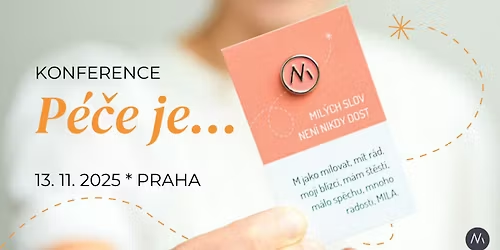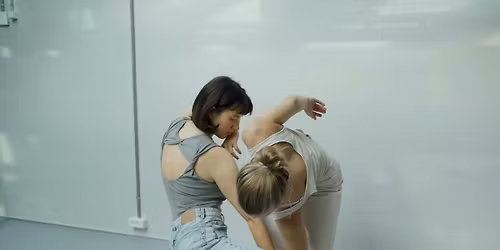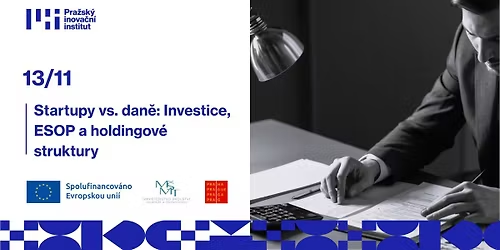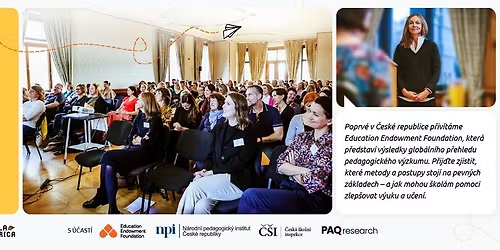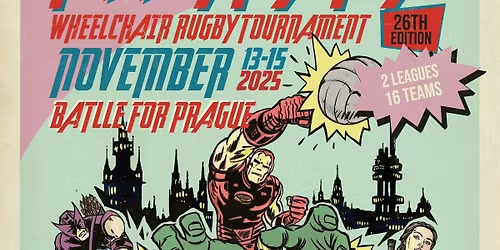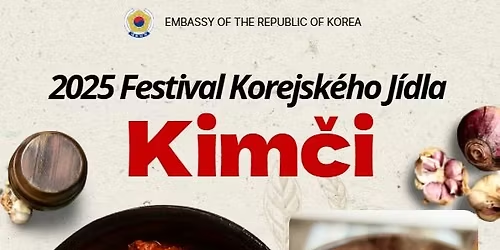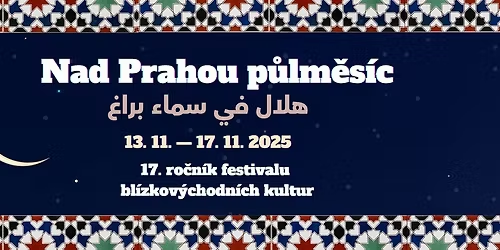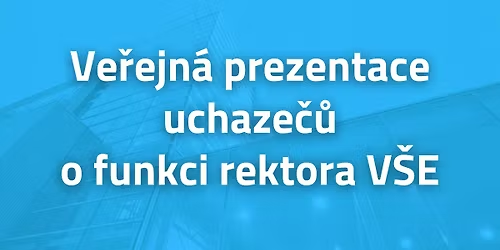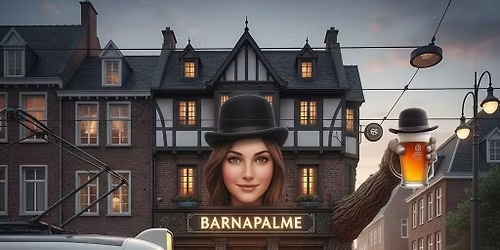
Advertisement
Milé kolegyně, milí kolegové,
dovolte, abychom vám pozvali na mezinárodního kolokvium, v němž se zaměříme na podoby a praxe queer divadla ve střední Evropě. Kolokvium proběhne ve čtvrtek 13. 11. 2025 od 14.00 hod.
v S202 (Zasedačka vedle Hallerova sálu).
Na kolokviu s názvem Queer Voices of Central Europe vystoupí naše kolegyně Eva-Liisa Linder z Estonska a Martina Mašlárová ze Slovenska. Eva-Liisa Linder se ve svém příspěvku zaměří na tři momenty z dějin queer divadla v Estonsku – období existence samostatného estonského státu, dobu sovětské okupace a v neposlední řadě na podoby a praxi queer divadla po znovuzískání nezávislosti Estonska. Příspěvek Martiny Mašlárové se soustředí na období po posledních parlamentních volbách na Slovensku, které znamenaly a znamenají ohrožení nejen pro slovenskou kulturu jako takovou, ale také přirozeně pro queer divadlo na Slovensku.
Harmongram:
14.00 Eva-Liisa Linder Staging Democracy: Estonian Queer Theatre’s Odyssey
Through Past Century
15.00 Diskuse
15.30 Martina Mašlárová Queer Against Fear – Slovak Queer Theater as a Space of
Resistance Against the Establishment
16.30 Diskuse
17.00 Závěr
Abstrakty příspěvků
Staging Democracy: Estonian Queer Theatre’s Odyssey Through Past Century
While the existence of queer theatre in Estonia has long been overlooked, its exploration reveals a story of liberal expressions on stages throughout a century. Already during the interwar Estonian Republic (1918–1940) a proto-queer theatre emerged, celebrating the liberal atmosphere through popular Oscar Wilde productions and cross-dressing comedies. Although these works challenged societal constraints and focused on exploring gender roles and sexual transgression, they were received within in the framework of innovation and overall thirst for new themes and aesthetics.
The darker the night, the brighter the stars – this principle characterised queer theatre’s survival in Soviet Estonia, a theatrical landscape long believed silenced by totalitarianism. Despite legalised homophobia, strict censorship, and restricted access to new Western dramaturgy during the half-century of Soviet occupation (1940–1941, 1944–1991), my research uncovers continuity: totalitarianism did not completely erase gender and sexuality themes from stages. Theatre-makers deployed counterstrategies, discussed dissident themes in Aesopian language, and created a ‘dotted line’ of queer continuity.
Drawing upon theatrical public sphere theory, I argue that interwar proto-queer theatre migrated into Soviet-era secret forums, also called semi-public spheres, where liberal audiences could maintain alternative discourse, with Estonia’s geopolitical position as the ‘Soviet West’ facilitating this underground resilience. When state venues closed to liberal themes under Soviet rule, dissidence found expression in peripheral spaces: amateur and studio theatres, radio, and television. During the Khrushchev Thaw, 1958 proved an annus mirabilis: coded homosexual content appeared in productions of Arthur Miller, Eduardo de Filippo, and Federico García Lorca, who maintained stage presence throughout the 1960s.
The next phase emerged alongside Estonia’s theatre renewal at the turn of the 1960s–1970s, bringing closeted queer characters into mainstream venues through Shelagh Delaney’s A Taste of Honey, Peter Shaffer’s Black Comedy, and Brandon Thomas’s revised Charley’s Aunt, collectively drawing over 100,000 spectators (nearly 10% of Estonia’s population). This coded visibility persisted until 1988, when censorship’s end triggered a sharp rise in explicitly queer productions, taking the theme into the broader public sphere.
The Singing Revolution that led to the restoration of Estonian independence in 1991 was accompanied by a cultural ‘sexual revolution’. As cultural influences in repertoire shifted from East to West, this transformation allowed for the public exploration of various once-taboo subjects. Queer discourse quickly evolved from portraying dandy figures and gay heroes to transgender and drag characters, embracing various styles from psychological realism to documentary, devised, and physical theatre. However, this theatrical liberation created cultural tension in reception. While innovative theatre-makers had long developed liberal discussions in counterpublics, many in the wider audience experienced these themes as suddenly emerging from the private to the public sphere, causing cultural trauma.
In sum, after Estonia restored independence, queer themes have appeared in over a hundred productions, resonating in more than five hundred reviews and attracting an estimated one million theatre visits in a country of 1.3 million. Grounded in basic research of stagings and media reception, this study examines how queer theatre functioned as a litmus test of democracy, challenged Soviet and post-Soviet norms, and contributed to Estonia’s democratic transformation.
Eva-Liisa Linder is a researcher and lecturer at the Estonian Academy of Music and Theatre.
Queer Against Fear – Slovak Queer Theater as a Space of Resistance Against the Establishment
After the last parliamentary elections, queer people in Slovakia, as well as Slovak culture, face unprecedented threats. Progress is being replaced by regression, expertise by impressionism, prejudice and radical backwardness. Pseudo-conservative pseudo-values are becoming the dominant narrative of the current government, which negates everything that has been achieved in the field of human rights and equality since 1989. The developing queer theater, whose goal until recently was mainly to satisfy the demand for more diverse culture, is now becoming a subversive gesture against the discriminatory political discourse spread by the Ministry of Culture. Staging a production directed by a transgender director (who under other circumstances might be considered "safe" and conventional) at the National theater today is an expression of resistance, as is organizing a queer festival despite the suspension of public funding.
Martina Mašlárová is a researcher and lecturer at the Academy of Performing Arts in Bratislava.
Advertisement
Event Venue & Nearby Stays
Karlova 26, 116 65, Karlova 223/26, 110 00 Praha, Česko, Prague, Czech Republic
Concerts, fests, parties, meetups - all the happenings, one place.

